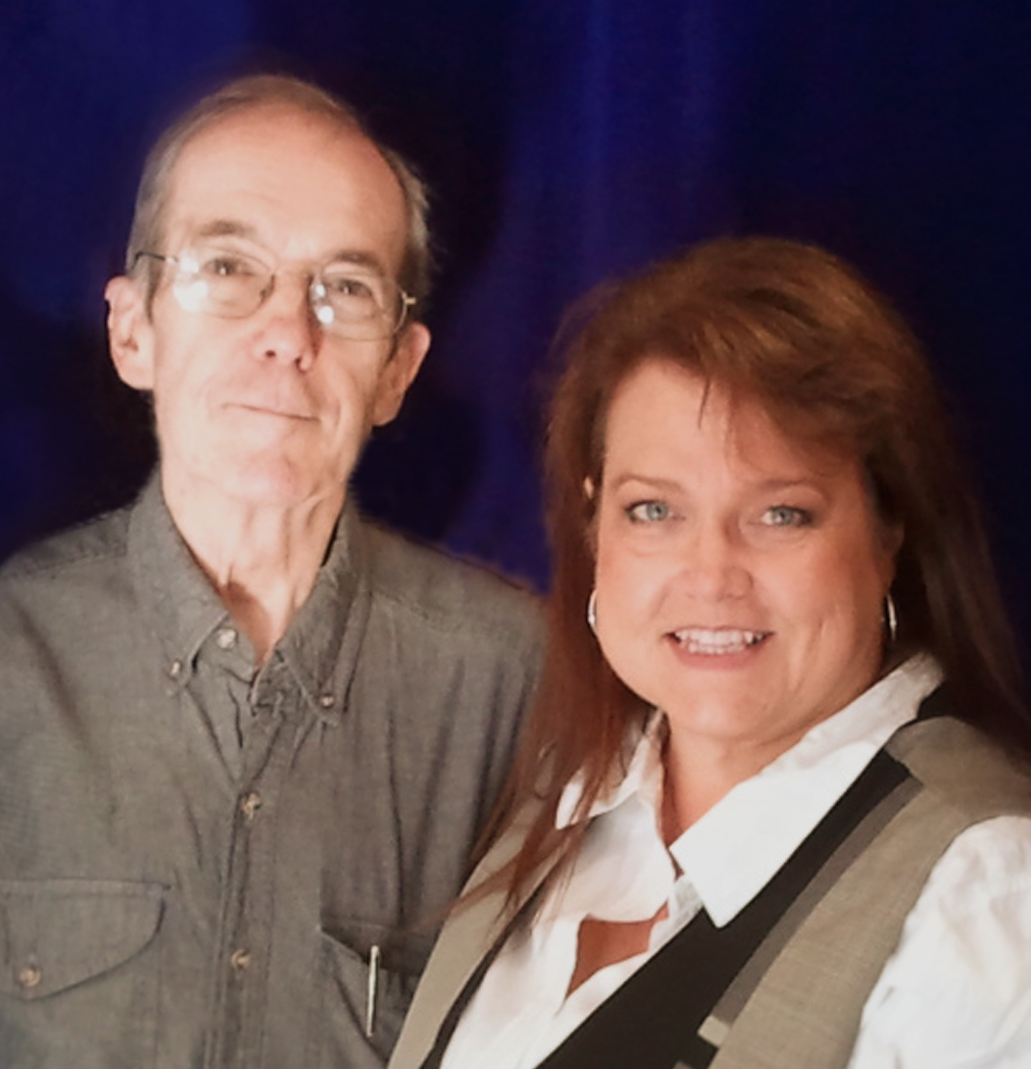Note: Two years ago, William J. Brooke, the Book Writer of our musical A Little Princess, left this earth much too soon. The following is an article I wrote in March 2013, just before our show had its World Premiere. It's a glimpse into our writing process, and is meant as a tribute to the craft of a writer who will always be an inspiration to me, and to the soul of a dear friend who will always be in my heart.
from the archives: STEALING FROM THE BEST
“Magic is not as complicated as it looks. We are all given a talent, an astonishing thing that we do better than anyone else. When we look each at our own gift, it seems ordinary because it comes to us too easily. But when we look at someone else’s, such a thing seems inconceivable and so we call it magic.”
(excerpted from “A Brush With Magic” by William J. Brooke, Harper Collins, 1993)
Which comes first, Music or Lyrics? For us, it’s generally the Book. Eric, Bill, and I are storytellers, and before we start writing songs, we need to agree on what the story is. This usually begins as a conversation – to get all three of us on the same page, knowing our goal for a given scene. Then, Bill disappears for awhile. Eric and I go out for pizza, take in a show, tend to real world issues like paying bills and getting on with life. We don’t hear anything from Bill as he is holed up in his apartment, making Magic. Eventually we get a humble email from him: “Here’s the first draft.” To read one of Bill Brooke’s first drafts is to marvel at his uncanny ability to tell a story with humor, wit, rich detail, and gorgeous metaphors.
Once Bill has created a first draft, Eric and I get our hands on it. For a musical, we want to take the most important moments – the most emotional, the turning-points – and turn them into songs instead of spoken dialog. At this point, the lyrics come next. I take a look at Bill’s work, and cannibalize his most wonderful writing to become lyrics.
Bill wrote an amazing monologue for Miss Minchin in Act Two which any actress would be thrilled to sink her teeth into. That speech was the key to our antagonist; it opened a window to her soul and even made us empathize with her a bit. Suddenly, the character of Miss Minchin was more than a two-dimensional villain – she had layers, she was a real person. And that stunning monologue Bill wrote? Deleted. Replaced by a dramatic ballad called, “The Real World.” For the song, I used Bill’s idea, Bill’s imagery, and even some of his exact lines. I put them with some of my own thoughts into a rhythm and rhyme scheme; Eric added an even more dramatic layer with the music he composed. But the initial idea began with Bill.
The same thing happened when Bill wrote a scene between the Indian servant Ram Dass and Mr. Carrisford. In it, Ram Dass – who really speaks from Bill’s own heart, by the way – tries to explain a concept to Mr. Carrisford by using a metaphor involving a stream and the ripples that are created when one drops a pebble into it. It was truly an exquisite metaphor. So beautiful, in fact, that I stole it to create the lyric for Ram Dass’s song, “Ripples.” Alas, over years of technological advances and mother boards being fried and new computers put into service, many files have been lost along the way. I cannot locate physical evidence of Bill’s very first drafts; but I can tell you that when I read this scene, the ripples metaphor called to my lyricist heart and I knew those lines of dialog would exist no more as dialog. They would be the inspiration for a lyric.
The funny thing is, initially Bill didn’t want to write the Book for this show. Eric and I had first worked with Bill when he and Eric were playing lead roles in a production of Ruddigore and I was their Stage Manager. When I directed “Pirates of Penzance” and then “The Music Man,” Bill played the Major General and Harold Hill, respectively. About the same time I was working with Bill the actor, Bill’s novel “A Telling of the Tales” was published, and I fell in love with his craft as a writer, too. Meanwhile, Eric and I were studying with Skip Kennon and Maury Yeston in the BMI Lehman Engel Musical Theater Workshop. Eric found the Hodgson Burnett novel, “A Little Princess” and it moved both of us to tears; we knew this was a musical we wanted to write. We outlined a plot structure for our show and identified where key songs would come. We wrote several songs for our score, trying out each one for our colleagues at BMI. At some point we realized we wanted to concentrate on writing the score, so we asked Bill if he would be interested in collaborating on “A Little Princess,” as the Book Writer. He read the novel, he looked at our outline of the show, he listened to our songs, and then he said, “No.” He wasn’t as convinced as we were of the merits of the source material. He said he wasn’t really interested in the story until the bright, imaginative, mature little Sara Crewe was brought low. He would prefer to see her struggle to cope with her hard luck, rather than be constantly cheery and hopeful as she is in the novel. Bill would want to take Sara to a darker place, and let us experience her journey back to the light. When we agreed to add these deeper layers to Sara’s story, Bill agreed to work with us on the project.
Bill’s ideas sparked ideas of our own, and the three of us set off on an adventure. Together, over several years, we crafted our story. It has become a musical that is true to the spirit of the original novel, while nevertheless veering from it in some details. For the lyrics, I am honored to have stolen from the best, and am grateful to Bill for providing such rich material to plumb. His book is deeply emotional, clever, and engaging.
One of the very best moments in his entire Book is a stage direction:
Ram Dass bows.
The moment is so skillfully set up in previous scenes that the one simple action of an actor bowing is imbued with deep emotion and pierces to the core of those who witness it. The moment never fails to move me. And, try as I might, I can’t steal it for a lyric.




